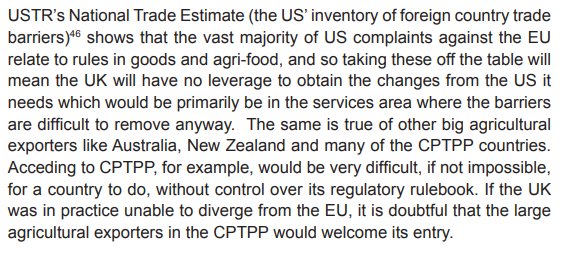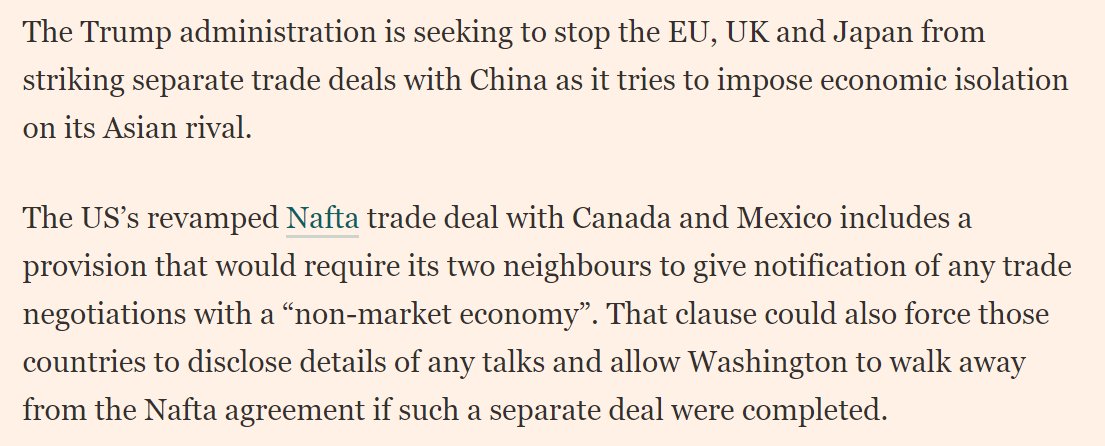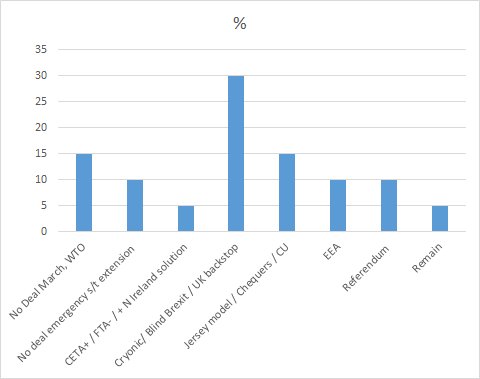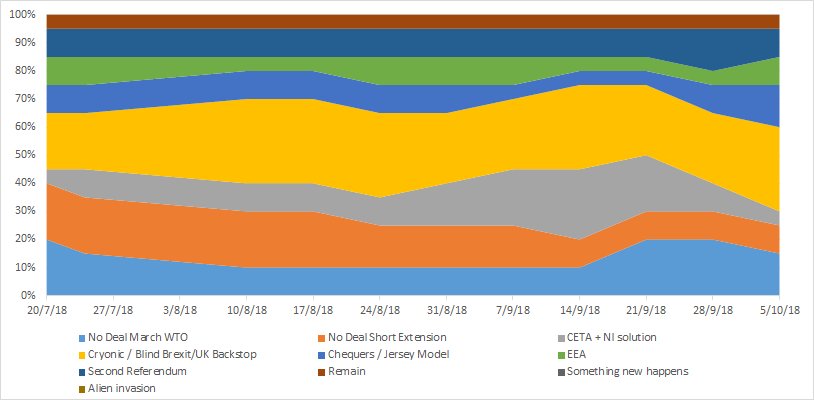Ok, there are so many questionable / incorrect assertions in this IEA report it is hard to keep track. I'm going to summarise it as "more wishful thinking" for the time being iea.org.uk/wp-content/upl…
Well this is embarrassing. The IEA report calls for food standards to be lowered to join TPP and have a US trade deal. Liam Fox last week said this wouldn't happen... 

Oh and another one, the report specifically proposes reducing the advantages given to developing countries, by reducing tariffs to zero for all countries (I'll do a detailed thread later, these are headlines) 

Looks like proposing financial services deregulation, which I'm sure will go down well with others (but reliant on FS gurus like @csgmoore to fill in the details here)
This is incredibly naive or duplicitous "US firms have not complained about the NHS" (p93).
If you want to show that you're an expert on a country's trade policy it would be helpful to be able to spell the name of one of the main exports correctly (this mistake is repeated, not a typo) 

Anyway the hashtag is #PlanAPlus - I'd hate to have seen Plan A before the plus was added
• • •
Missing some Tweet in this thread? You can try to
force a refresh










